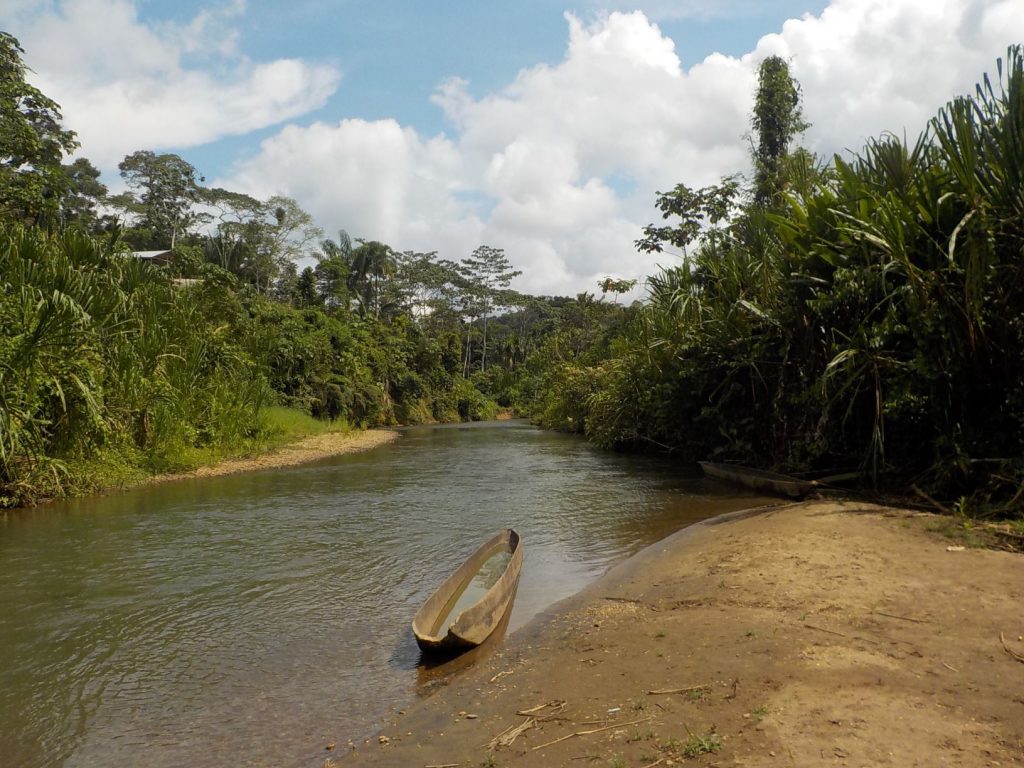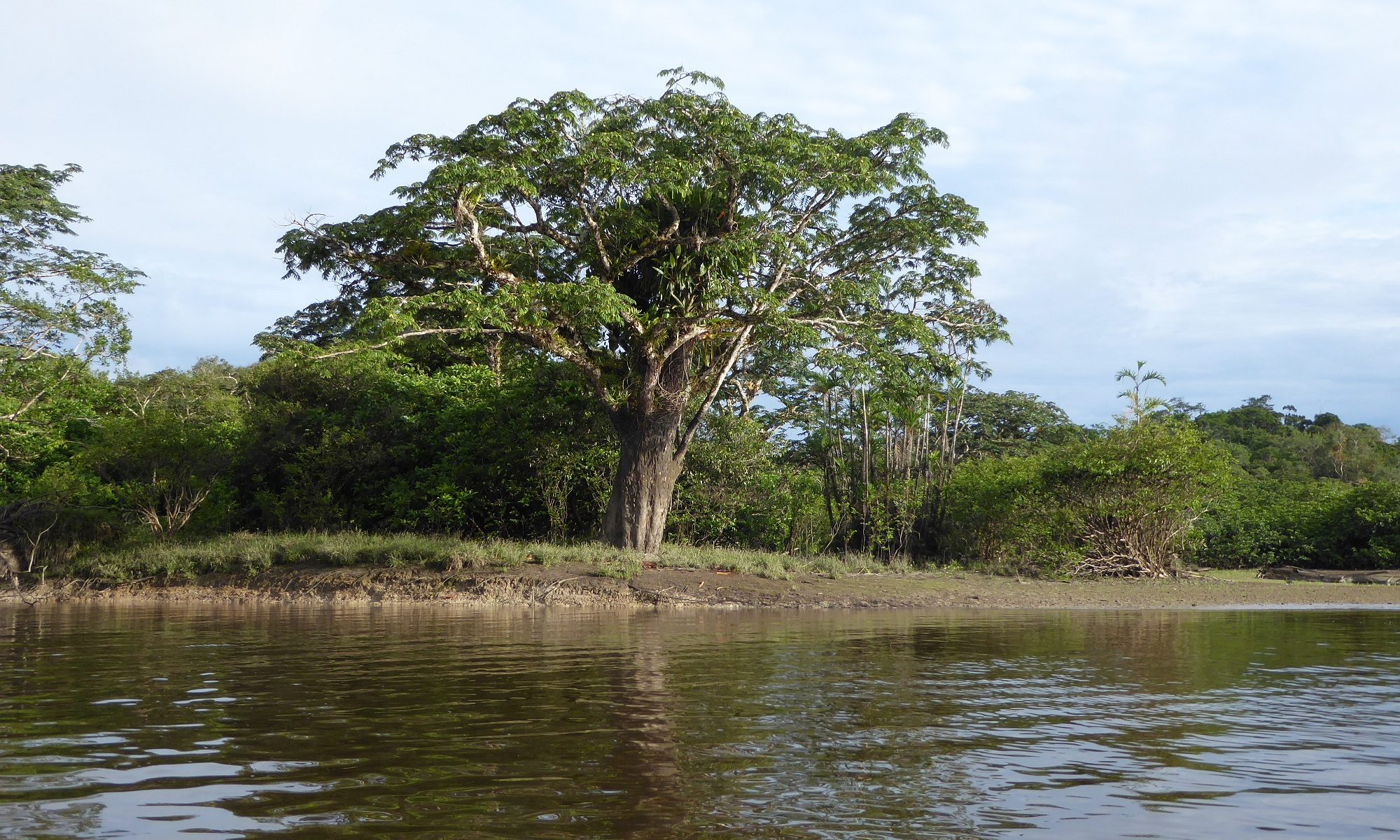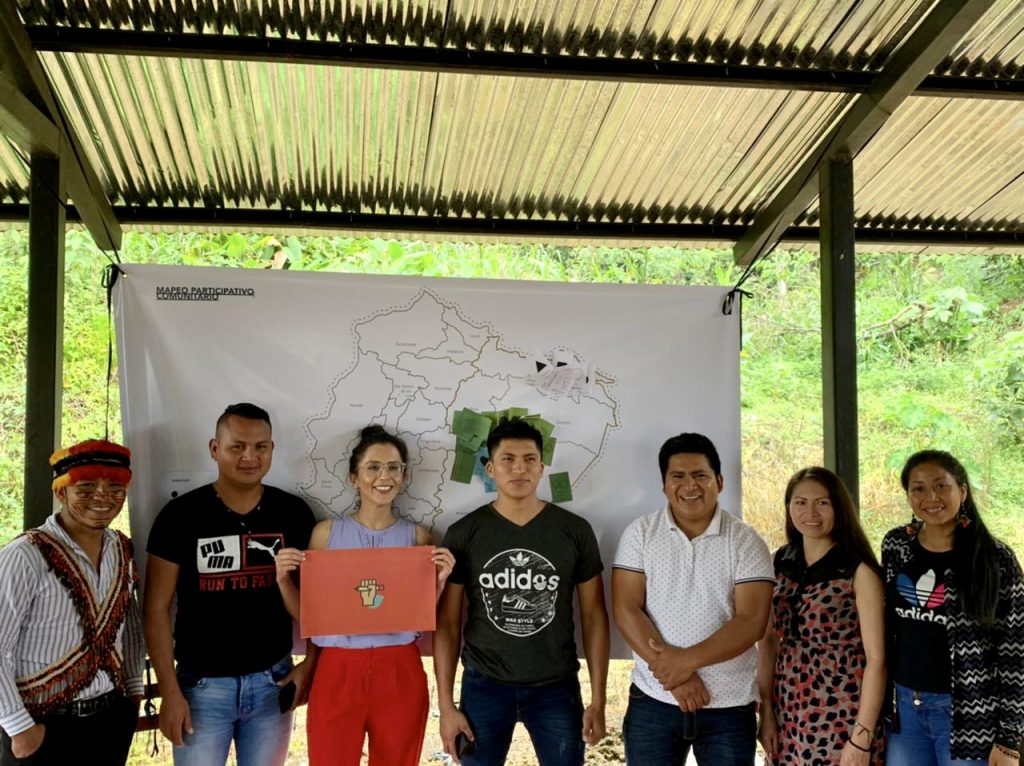Text and photos: Riikka Kaukonen Lindholm
[Haz clic aquí para version en español]
Riikka Kaukonen Lindholm wrote her master’s thesis about the territorial and educational struggles experienced by the Sapara people as the part of the research project Goal 4+: Including Eco-cultural Pluralism in Quality Education in Ecuadorian Amazonia. She is a doctoral researcher in global development studies in the University of Helsinki. Her PhD research deals with indigenous ecocultural knowledge and alternatives to extractivism in the Ecuadorian Amazon. This blog post introduces the topic and central arguments of the master’s thesis.
The focus of the thesis is on the education of indigenous peoples, especially on how education can facilitate territorial self-determination and political emancipation for them. Indigenous movements world-wide and in Ecuador have focused on creating education respectful of and relevant to indigenous cultural background and knowledge. The thesis explores further the interconnectedness of education and indigenous territorial politics, as they have been together in the forefront of the indigenous movement in Ecuador, and they link the epistemological struggle of recognising Indigenous knowledges to environmental issues prevalent in the country dependent on extractivism. As indigenous peoples often inhabit environmentally vulnerable regions, the thesis examines how for the indigenous groups of Ecuadorian Amazon the relationship between education and territory can aim to be mutually beneficial, encouraging both preservation of the diverse cultures and environment in the biocultural landscapes.


